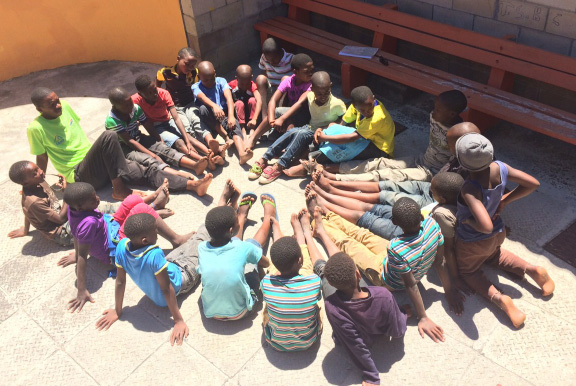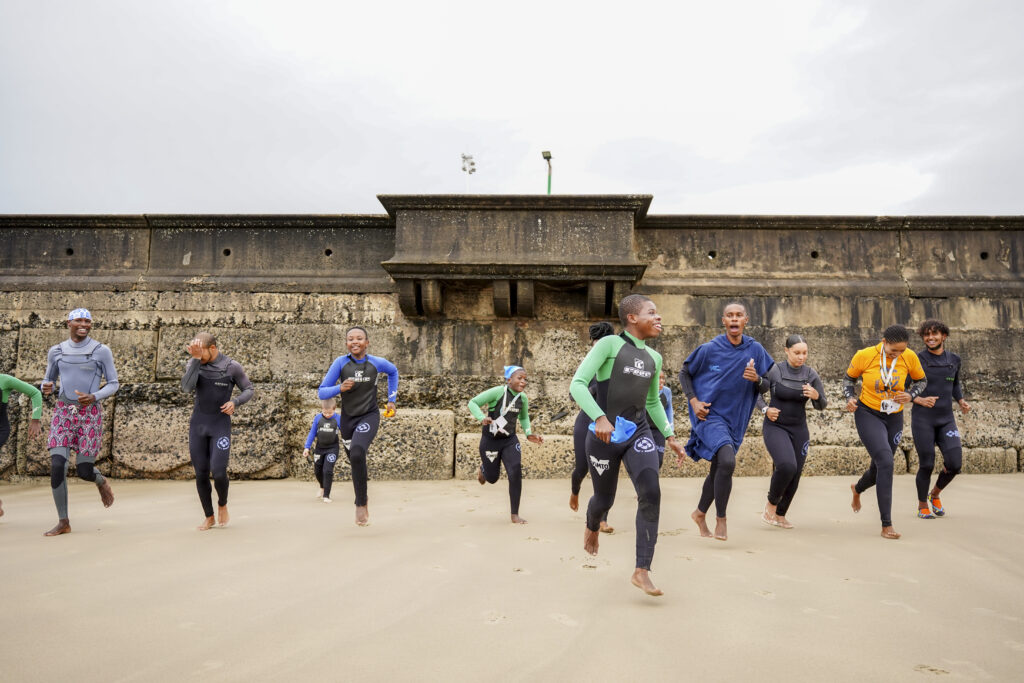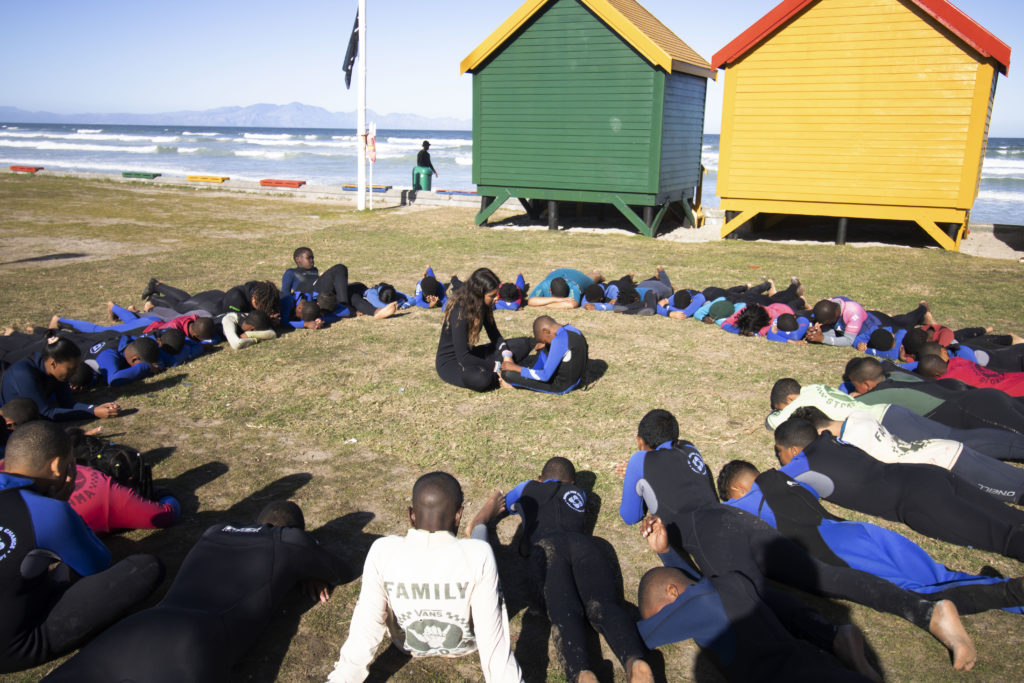Learning from the past

Learning From The Past: 3rd Party Programme Assessments
In the first part of our MEL series, we share our experiences and lessons learned from working with a third party to conduct a comprehensive programme evaluation.
A Waves for Change focus group discussion.

W4C 2015 Programme Assessment
After years of internally evaluating and improving our programme, in 2015 Waves for Change (W4C) asked expert outsiders to assess our impact. We worked with the Monitoring and Evaluation programme at the University of Cape Town to independently assess our programme. Together we launched two separate but complementary studies; one for our programme development and another of our impact on at-risk youth.
Given the time and effort expended, we wanted to share the lessons of our experience with other programmes. In this post, we’ll focus on setting up the assessments, to validate our programme and our Theory of Change.
In future posts based on reader feedback we could explore:
- Sharing the Success: Making the most of the data captured
- Making criticism constructive: Responding to the weak spots in your programme
- Guidance on how to work with 3rd party researchers in a way to benefit both parties
- Researcher’s perspective on working with NGO’s on evaluations
When To Consider 3rd Party Evaluations
Part of the motivation to start posting our experience was how little guidance we found in the NGO community on conducting 3rd party evaluations. While we were pleased to receive confirmation that a study was a solid step forward, few partners were able to provide help as most had not conducted anything similar to a randomised controlled trial, or RCT. Looking back, we in fact may have been premature in running such a study ourselves.
We would recommend first ensuring you have the following elements in place:
- Theory of Change- what your organisation does and the effect
- M&E- are you monitoring and evaluating your programme over at least one year
- MEL- monitoring and evaluation is not sufficient if you are not Learning and adjusting to the data
- Capacity- do you have time and resources to support researchers
- Need- is this the best use for your NGO’s stretched resources
In our next post we’ll continue to discuss setting up the evaluation by discussing who makes a good research partner.


